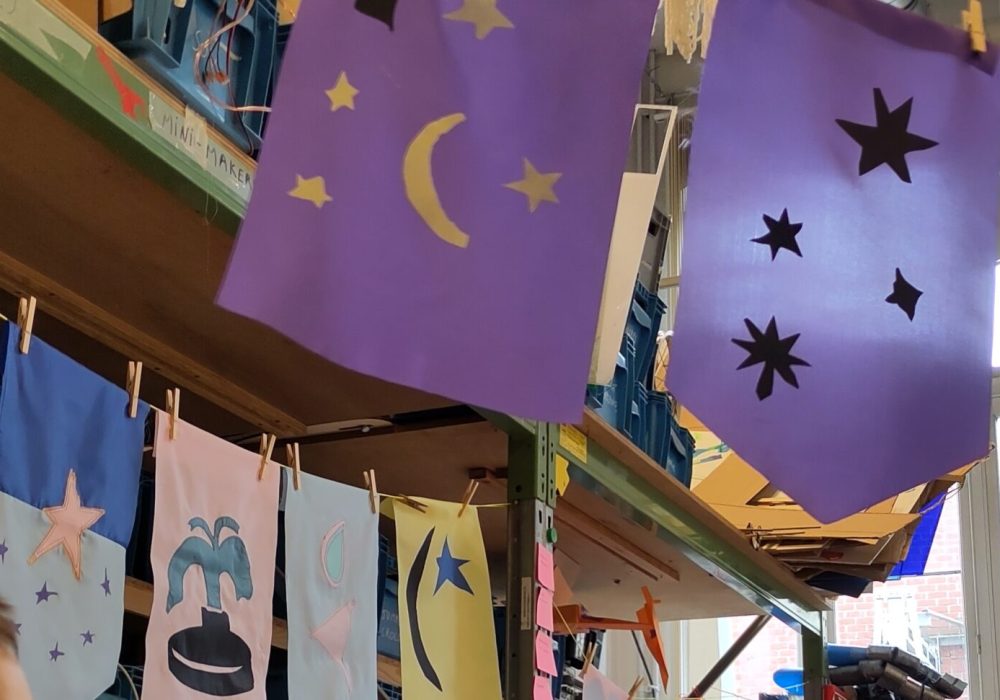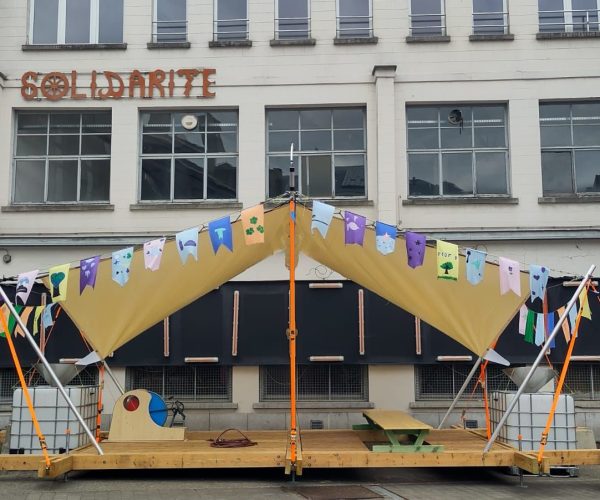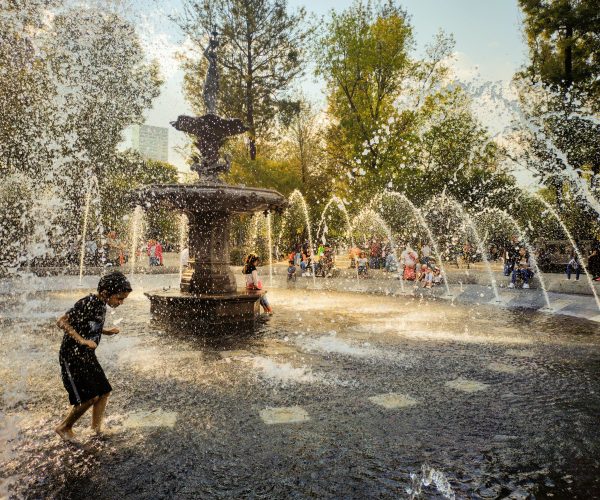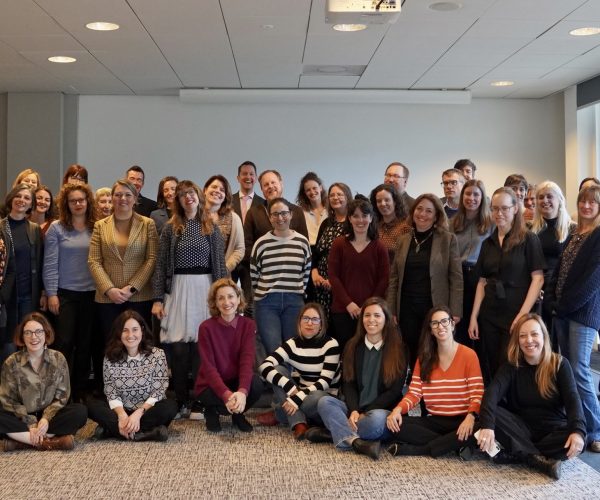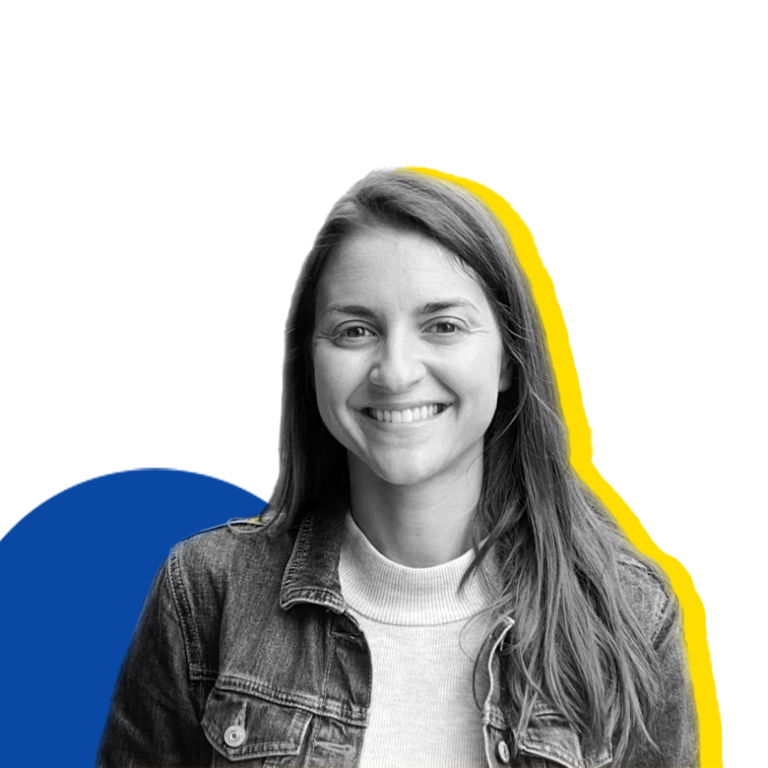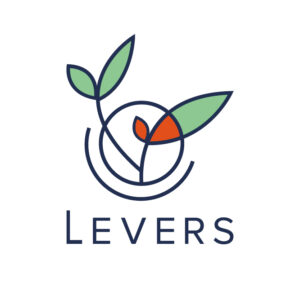
PROGRAMME
Horizon Europe (HORIZON.4.2 – Reforming and enhancing the European R&I System)
DURATION
01/03/2023 – 28/02/2026
(36 months)
WEBSITE
The climate and biodiversity crises present serious and complex challenges that demand greater scientific literacy and engagement across society. Yet, to empower citizens to tackle environmental issues and take on an active role in creating a sustainable future, science education must become a more flexible and inclusive lifelong endeavour.
LEVERS builds lifelong learning ecosystems for climate justice. It creates nine regional “Learning Ventures” where schools, youth organisations, researchers, community actors, industry and authorities co-design local climate actions. The project combines robust science with inclusive, hands-on pedagogy, empowering learners to understand climate challenges and act within their own contexts. By linking formal and informal education, LEVERS develops new ways for communities to embed climate justice in daily life.
Through these ventures, LEVERS provides shared spaces for knowledge exchange and civic action. The emphasis is on equipping learners of all ages with the skills, confidence and agency to create solutions that respond directly to their environment. In this way, climate learning becomes more than information transfer: it becomes a transformative experience with tangible outputs.
Our role
Stickydot leads the Learning Framework that underpins LEVERS’ pedagogy, evaluation and shared strategy, and coordinates the Brussels Learning Venture. In Brussels we work with teenagers in Molenbeek and local partners to address urban heat islands through co-creation. Young people are supported with tools, mentorship and missions, resulting in practical prototypes such as Karavan’ke, a mobile micro‑architecture offering shade, rain shelter and water capture in overheated public spaces.
This process demonstrates how co-creation doubles as a powerful learning methodology. By engaging teenagers directly in design and decision-making, LEVERS builds civic skills and strengthens local resilience. Stickydot’s role ensures that the lessons learned in Brussels not only benefit the city itself but also contribute to the wider European model that the project is developing.
Expected outcomes
LEVERS will deliver a replicable model for climate‑justice learning across Europe. Outputs include a Learning Framework, field guide and open schooling resources, professional learning programmes, guides for industry engagement, and policy recommendations. These will provide practical resources for educators, policymakers and communities.
Locally, the Brussels Learning Venture will demonstrate tested approaches for youth‑led climate action rooted in urban realities. This provides blueprints for schools, municipalities and community organisations to adapt and scale. By the project’s end, LEVERS aims to show how young people’s creativity and agency can drive systemic climate solutions while shaping more resilient and inclusive societies.
